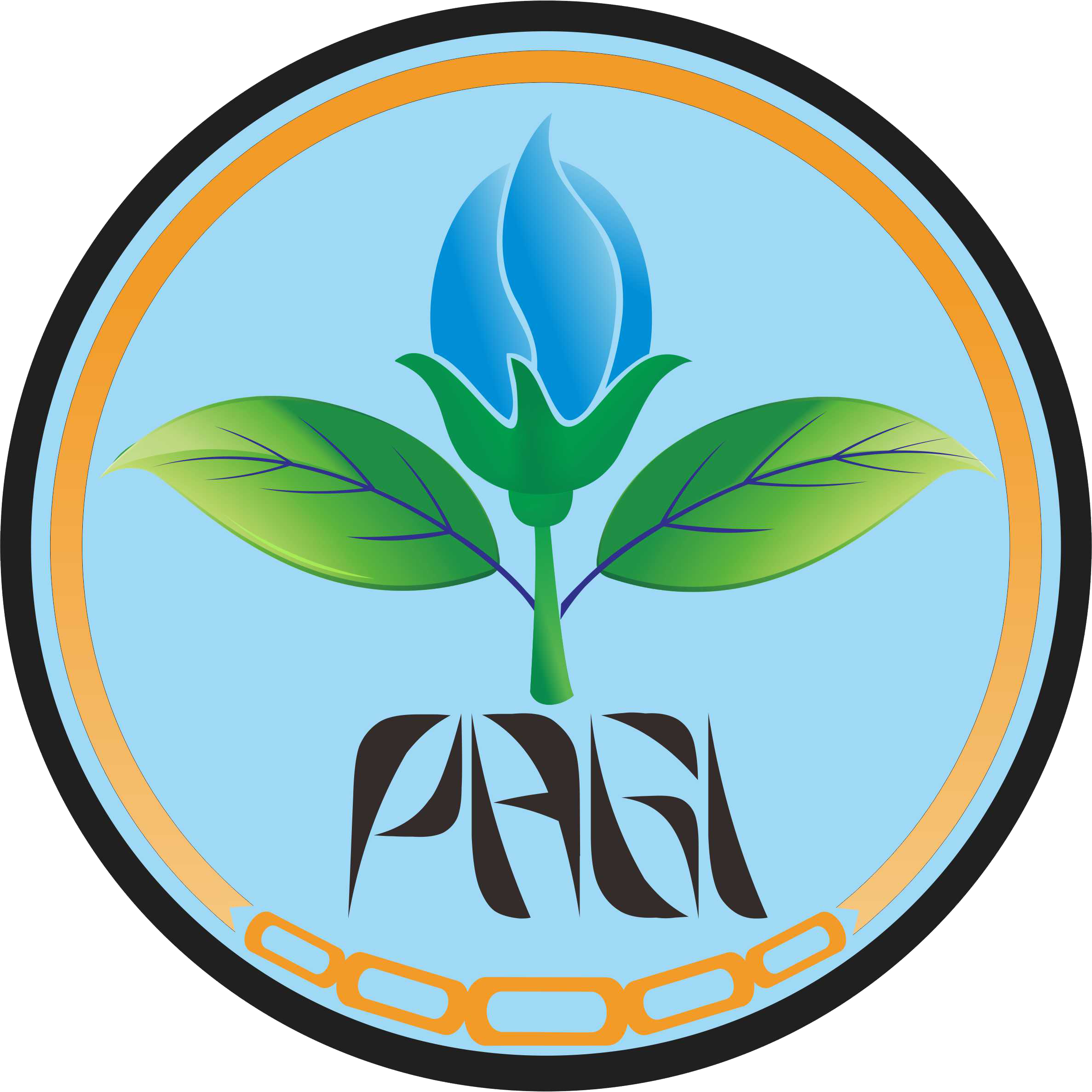Genetic Diversity of Three Types of Curcuma Using Molecular Sequence-Related Amplified Polymorphism Markers
Abstract
Keywords
Full Text:
PDF(EN)References
Aminah A, Tomayahu N, Abidin Z. 2017. Penetapan kadar flavonoid total ekstrak etanol kulit buah alpukat (Persea americana mill.) dengan metode pektrofotometri UV-VIS. J Fitofarmaka Indones. 4(2):226–230. https://doi.org/10.33096/jffi.v4i2.265.
Arrisujaya D, Susanty D, Kusumah RR. 2019. Skrining fitokimia dan kadar flavonoid total ekstrak aseton dan etil asetat biji buah bisbul (Diospyros discolor) tumbuhan endemik bogor. Cendekia J Pharm. 3(2):130–136. https://doi.org/10.31596/cjp.v3i2.46.
Auliani A, Fitmawati, Sofiyanti N. 2014. Studi etnobotani famili Zingiberaceae dalam kehidupan masyarakat lokal di Kecamatan Siak Hulu Kabupaten Kampar. J Online Mhs Fak Pertan Univ Riau. 1(2):526–533.
Ayati Z, Ramezani M, Amiri MS, Moghadam AT, Rahimi H, Abdollahzade A, Sahebkar A, Emami SA. 2019. Ethnobotany, phytochemistry and traditional uses of Curcuma spp. and pharmacological profile of two important species (C. longa and C. zedoaria): A review. Curr Pharm Des. 25(8):871–935. https://doi.org/10.2174/1381612825666190402163940.
Cowell RG, Graversen T, Lauritzen SL, Mortera J. 2015. Analysis of forensic DNA mixtures with artefacts. J R Stat Soc Ser C Appl Stat. 64(1):1–48. https://doi.org/10.1111/rssc.12071.
Ellegren H, Galtier N. 2016. Determinants of genetic diversity. Nat Rev Genet. 17(7):422–433. https://doi.org/10.1038/nrg.2016.58.
Ewon K, Bhagya AS. 2019. A review on golden species of Zingiberaceae family around the world: Genus Curcuma. African J Agric Res. 14(9):519–531. https://doi.org/10.5897/ajar2018.13755.
Ferreira FD, Kemmelmeier C, Arrotéia CC, Da Costa CL, Mallmann CA, Janeiro V, Ferreira FMD, Mossini SAG, Silva EL, Machinski M. 2013. Inhibitory effect of the essential oil of Curcuma longa L. and curcumin on aflatoxin production by Aspergillus flavus Link. Food Chem. 136(2):789–793. https://doi.org/10.1016/j.foodchem.2012.08.003.
Hong S-L, Lee G-S, Syed Abdul Rahman SN, Ahmed Hamdi OA, Awang K, Aznam Nugroho N, Abd Malek SN. 2014. Essential oil content of the rhizome of Curcuma purpurascens Bl. (Temu Tis) and its antiproliferative effect on selected human carcinoma cell lines. Sci World J. 2014:397430. https://doi.org/10.1155/2014/397430.
Irsyad AF, Rindyastuti R, Yulistyarini T, Darmayanti AS, Daryono BS. 2020. Genetic variation of agarwood producing tree (Gyrinops versteegii) from Pongkor, Manggarai District, flores Island, Indonesia using ISSR molecular markers. Biodiversitas. 21(2):485–491. https://doi.org/10.13057/biodiv/d210208.
Istiqomah CRP, Pancasakti H, Kusdiyantini E. 2016. Keragaman genetik jahe (Zingiber officinale Roscoe) menggunakan teknik penanda molekuler random amplified polymorphic DNA (RAPD). J Biol. 5(2):87–97.
Jalip IS, Suprihatin, Wiryanti I, Sinaga E. 2014. Antioxidant activity and total flavonoids content of Curcuma rhizome extract. In: Proceeding of the 4th International Conference Green Technology; The equilibrium technology and nature for civilized living; November 9th, 2013, Malang. Malang (ID): Faculty of Science and Technology Islamic of University State Maulana Malik Ibrahim Malang. p. 93–99.
Kawengian YB, Lengkong E, Mandang J. 2016. Genetic diversity of several varieties of potato (Solanum tuberosum L) based on random amplified polymorphic DNA (RAPD)). J Bios Logos. 6(2):60–67. https://doi.org/10.35799/jbl.6.2.2016.13794.
Li XY, Li J, Zhao ZJ, Yang F, Fu QW, Liu HS, Wang DD, Yang YC, Wang RY. 2014. Sequence-related amplified polymorphism (SRAP) for studying genetic diversity and population structure of plants and other living organisms: A protocol. J Anim Plant Sci. 24(5):1478–1486.
Mishra R, Gupta AK, Kumar A, Lal RK, Saikia D, Chanotiya CS. 2018. Genetic diversity, essential oil composition, and in vitro antioxidant and antimicrobial activity of Curcuma longa L. germplasm collections. J Appl Res Med Aromat Plants. 10:75–84. https://doi.org/10.1016/j.jarmap.2018.06.003.
Mustofa Z, Budiarsa2 IM, Samdas GBN. 2014. Oge genetic variation of maize (Zea mays L.) cultivated in Village of Jono Oge based on the cob phenotypic characters. e-Jipbiol J Elektron Prodi Biol. 2(3):33–41.
Ningsih TY, Wahyono DJ, Gumilas NSA. 2018. Deteksi gen litik BRLF1 Epstein-Barr virus pada penderita karsinoma nasofaring. Biosfera. 35(1):29–36. https://doi.org/10.20884/1.mib.2018.35.1.517.
Oluoch P, Nyaboga EN, Bargul JL. 2018. Analysis of genetic diversity of passion fruit (Passiflora edulis Sims) genotypes grown in Kenya by sequence-related amplified polymorphism (SRAP) markers. Ann Agrar Sci. 16(4):367–375. https://doi.org/10.1016/j.aasci.2018.08.003.
Pasaribu A. 2017. First analysis of moleculer varians in palm oil (Elaies guineensis Jacq.) used five primer of SSR (Simple Sequences Repeats). J Pertan Trop. 4(1):47–56. https://doi.org/10.32734/jpt.v4i1.3069.
Rahaman MM, Rakib A, Mitra S, Tareq AM, Emran T Bin, Shahid-Ud-daula AFM, Amin MN, Simal-Gandara J. 2021. The genus Curcuma and inflammation: Overview of the pharmacological perspectives. Plants. 10(1):1–19. https://doi.org/10.3390/plants10010063.
Rahayu F, Saryono, Nugroho TT. 2015. Isolasi DNA dan amplifikasi pcr daerah its rdna fungi endofit umbi tanaman dahlia (Dahlia variabilis) LBKURCC69. Jom Fmipa. 2(1):100–106.
Raihana R, Faridah QZ, Julia AA, Abdelmageed AHA, Kadir MA. 2011. In vitro culture of Curcuma mangga from rhizome bud. J Med Plant Res. 5(28):6418–6422. https://doi.org/10.5897/JMPR11.673.
Setiawan AI, Wahidah BF, Khoiri N. 2018. Kajian struktur morfologi tanaman obat suku zingiberaceae di Desa Sumbersari Kelurahan Wonolopo Kecamatan Mijen Kota Semarang. In: Seminar Nasional Biologi 2018; Pengembangan sumberdaya hayati lokal untuk mendukung pemanfaatan megabiodiversitas; May 9th 2018. Semarang (ID): Master of Biology Study Program, Universitas Dipenogoro. p. 159–162.
Subositi D, Mujahid R. 2013. Genetic characterization of tempuyung (Sonchus arvensis L.) based on sequence-related amplified polymorphism molecular markers. J Biol Indones. 9(2):167–174.
Werdhasari A. 2014. Peran antioksidan untuk kesehatan. Biotek Medisiana Indones. 3(1):59–68.
Refbacks
- There are currently no refbacks.






